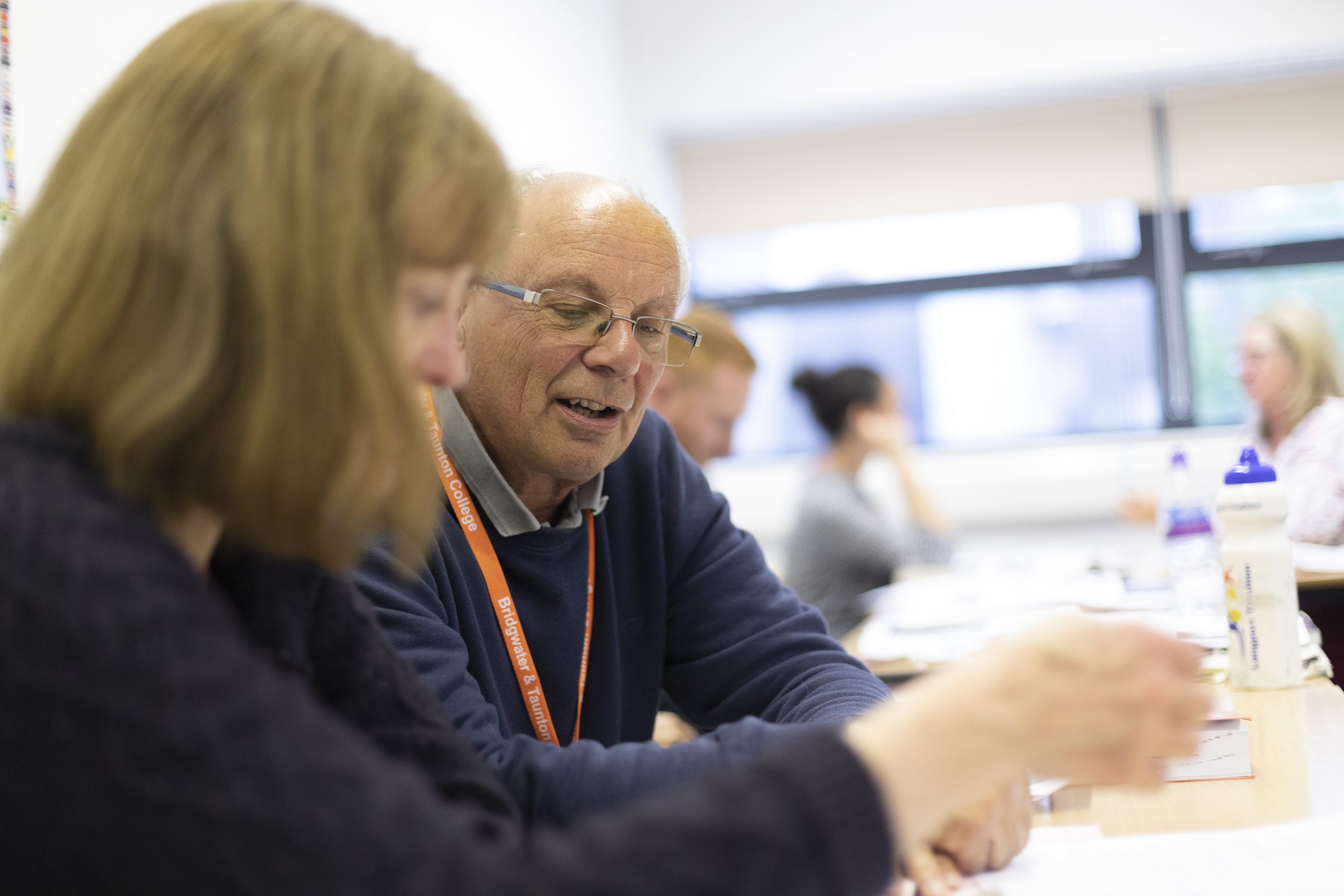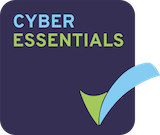Counselling Skills Distance Learning Level 3
Area
Adult Learning ⓘThis course is also available under
Distance Learning
Subject
Counselling & Personal Development
Health & Social Care
Campus
Cost
-
Select date to apply
Add to Shortlist
Course Overview
This qualification is designed for learners interested in using counselling skills as part of their functional role in a wide range of sector areas.
*This qualification does not qualify learners to practise as a counsellor.
This qualification aims to provide learners with more indepth knowledge of the use of counselling skills in everyday lift and work, and the approaches that underpin the use of these skills.
The objectives of the qualification are to help learners to:
- Develop counselling skills
- Understand the different approaches involved in the use of counselling skills
- Appreciate the importance of self-development
- Units of study/what is involved
- This course consists of 5 units:
Unit 1: Developing counselling skills
The learning outcomes from this unit are that you will:
- Understand how to establish a relationship using counselling skills
- Be able to establish a relationship using counselling skills
- Understand how to develop a relationship using counselling skills
- Be able to develop a relationship using counselling skills
- Understand how to conclude an interaction using counselling skills
- Be able to conclude an interaction using counselling skills
- Understand development of own counselling skills
Unit 2: Theoretical approaches in the use of counselling skills
The learning outcomes from this unit are that you will:
- Understand core concepts of the main theoretical approaches to counselling
- Understand what is meant by the integrative model
- Understand the importance of counselling theory
- Be able to apply core theories in the use of counselling skills
- Be able to self-reflect using theoretical approaches
Unit 3: Working ethically with counselling skills
The learning outcomes from this unit are that you will:
- Understand what is meant by an ethical framework
- Know how an ethical framework relates to the use of counselling skills
- Understand the importance of the setting in which counselling skills are used
- Understand the concepts of ethical referral
Unit 4: Counselling skills and diversity
The learning outcomes from this unit are that you will:
- Understand the meaning of discrimination
- Understand issues of diversity
- Understand power issues within the counselling process
Unit 5: Counselling skills and personal development
The learning outcomes from this unit are that you will:
- Know own development needs
- Understand process of personal development
- Understand group dynamics
- Understand impact of personal development on others
- Be able to plan self-development
Assessment Methods
All learning materials and assessments are online via a learning platform.You will need access to the internet, and access to a computer, laptop or tablet. Assessments are due at the end of each unit. Your tutor will assess your work and build up your portfolio of evidence of learning. A certificate will be awarded on satisfactory submission of evidence of learning for the units studied.
Progression Options
After successfully completing this course, you will have worthwhile and sought-after skills and knowledge that mean many different career paths are open to you, however it does not give learners a licence to practice and you be unable to become a counsellor without practical training. This qualification does not qualify learners to practise as a counsellor. Your new skills will complement your work in many other fields. These include: Teaching in schools or nurseries Care work (eg. Healthcare Support Service Worker or Clinical Healthcare Support Worker) Social work Working with children Humanitarian work Complementary therapy Nursing Police Prison service Human Resources in businesses Team Leader or Manager in an organisation Any role where you regularly communicate with other people

Course Summary
| Course Title | Counselling Skills Distance Learning Level 3 |
|---|---|
| Entry Requirements |
For
|
| Attendance Requirements | As an online Distance Learning course, there is no need to attend College. For further information or advice, please contact the Distance Learning team by calling 01823 366612 or email distancelearningteam@btc.ac.uk. |
| Campus | |
| Start Date |
Spotlight

I found the entire experience of studying as an adult learner really rewarding, and decided to further my knowledge by progressing my studies to the next level. I'm continually learning new skills and it's really helping my personal and professional development.
Additional Information
Add to Shortlist
© 2024 Bridgwater & Taunton College, Bath Road, Bridgwater, Somerset, TA6 4PZ, United Kingdom | Terms / Privacy / Cookies | Accessibility Made by Wave
How we use cookies: This website uses cookies so that we can provide you with the best user experience. To read more about the cookies we use, read our Cookies Policy.



